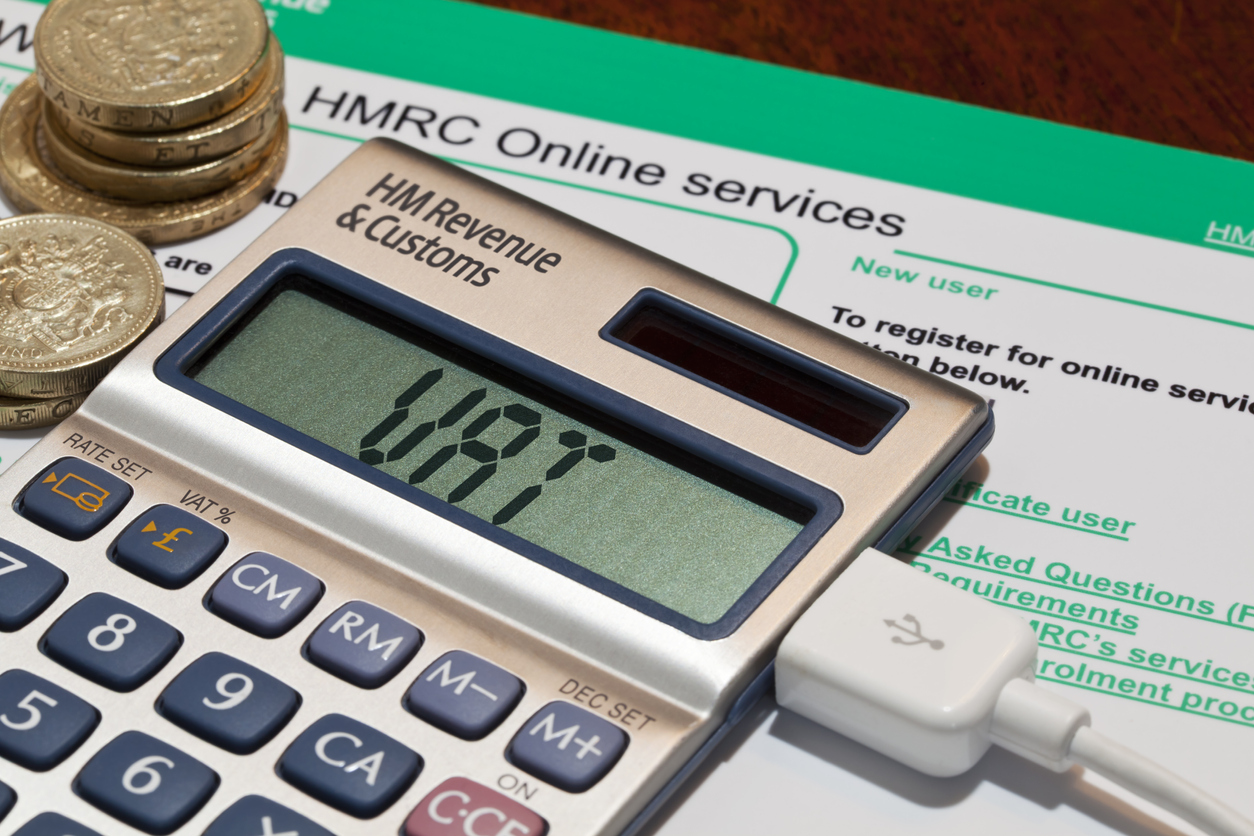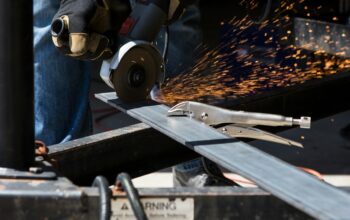From the 1st October 2019, more than 150,000 businesses in the construction and building sectors will have to change their accounting systems in order to comply with new tax changes. The VAT reverse charge will apply in the UK to supplies of construction services.
The government-led change means that customers will now be responsible for paying the VAT of certain construction services, rather than the supplier (hence the term ‘reverse’). The customer will pay the supplier for the services like usual, but will now also pay VAT directly to HM Revenue & Customs.
HMRC predicts that these changes will have a significant impact on business administrative burdens, and companies will have to adapt their accounting systems so that reverse charges can be calculated and reported in a proper way.
It’s not just the actual VAT expense that will affect a business paying for a service, as there are also internal costs to consider such as keeping record of all reverse charge supplies, checking purchases are treated correctly and employing personnel to oversee the whole process.
Tax expert Catherine Robins spoke on the matter at hand, saying “this is a major change to how VAT is accounted for in the construction sector. HMRC normally downplays the cost to businesses of changes in the tax regime, but even it accepts these changes will have a significant impact”.
She continued by saying “although many will be waiting for the final version of the rules in October before making changes to their systems, businesses will need to factor into their budgets the added costs and resources which will be required to implement these new rules”.
The term ‘construction’ is used widely, and when it comes to VAT reversal charges, many businesses within the sector will fall victim to these new changes. Businesses undertaking construction, alteration, repair, extension or demolition work on buildings, infrastructures, railway and waterways will be impacted by the VAT reversal charges come October 2019.
Painters and decorators may also be affected by the new tax reform, however the services of architects, surveyors and consultants are exempt from such punishing changes.
It is in a bid to remove trader fraud in the construction sector that the new order has been introduced. The reform aims to put a stop to the fraud being committed when sub-contractors fail to pay the VAT they have collected. The reverse charge accounting, which is expected to be introduced in October 2019, will hold customers responsible for the VAT paid to HMRC, and as a result this is expected to raise £100 million per year.
Whilst reverse charge provisions have previously affected businesses in the telecommunications trade, this is the first time that an industry as complex and diverse as the construction injury will become subject to VAT reverse charges.
In the war against tax evasion, the VAT reverse charge, which is supported by other initiatives and strategies, is the first step forward in making industries responsible for their fraudulent actions.
Indlu are hybrid estate agents in Worsley, Manchester, offering a no sale, no fee estate agency service from £995 + VAT.




